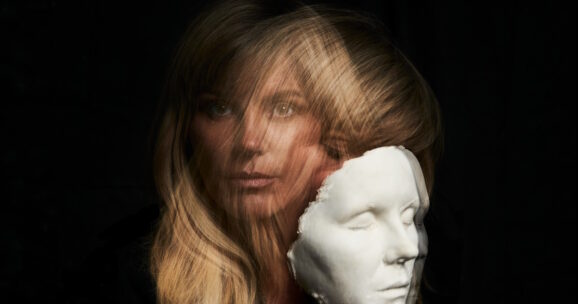Born and raised in Winnipeg and Montreal, Pash initially moved to Los Angeles, before calling Portland home for three years, moving to Nashville for nearly seventeen, and returning to Portland, where he now resides. Besides co-writing Hall & Oates’ “Private Eyes,” Pash has written music for film and television, played bass for Screamin’ Jay Hawkins, Rosco Gordon, and – together with members of The Mavericks, Wilco, and Cheap Trick – played in the supergroup Swag. As well as having songs recorded by such artists as Carole King, Dan Hill, and Patti LuPone, he has shared the stage with Lucinda Williams, The Pixies, The Waterboys, Todd Rundgren, Roger McGuinn, Jeff Healey, and Big Star among others. During his time in Nashville Pash recorded and performed in his own band, Plastic Rulers, Dave Cloud’s Gospel of Power band, and produced the celebrated album Chocolate Orchid Piano Bar by the legendary Tupper Saussy.
Pash had originally lived in Portland, Oregon in between 1997-2000, releasing his debut solo album, Parts Unknown, on the city’s burgeoning indie label, Cravedog Records, before moving to Nashville in late 2000. In 2017 he moved back to Portland, and noticed a lot had changed.
The city and its changes inspired his newest single “Adson Quare,” which we are excited to premiere on Glide today. The six-minute song finds Pash dabbling in a range of musical styles including pop, soul, and funk, ending in a funky, danceable melody that instantly becomes memorable. Driven by slow and soulful organ, the song percolates and gradually builds from blue-eyed soul to a full-on power pop ballad with Pash making nostalgic references to the Rose City he calls home. What makes the song especially unique is the way it busts out into a groovy little dance party of spacey synths complete with background singers and funkified guitar.
“Adson Quare is everywhere,” says Pash, discussing this song inspired by his move back to Portland. “In this case, everywhere is Portland, to the extent that so many cities have the same thing going on where what was and what is are often in conflict.”
LISTEN:
Photo credit: Ezra Meredith







